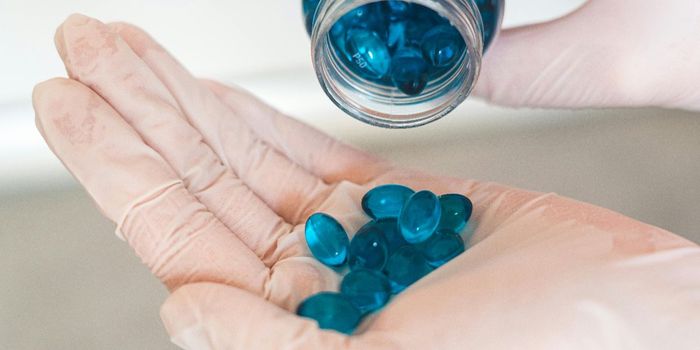New Drug Prevents Inherited Alzheimer's in Mice
Researchers at the Salk Institute have developed a new drug candidate that has successfully prevented Alzheimer's-related memory loss in mice.
Known as CMS121, it is a synthesized form of fisetin, a chemical found in fruits and vegetables. While it has previously been shown to slow down aging in brain cells, the new study shows that it is also able to prevent memory loss by changing how brain cells metabolize fatty molecules.
For the research, the researchers studied mice with an inherited condition similar to Alzheimer's. While one group of mice received daily doses of CMS121 at nine months old- the equivalent of being 'middle-aged'- the other group acted as a control and did not receive the drug. The researchers also monitored a control group without the genetic condition.
After three months, all groups of mice underwent several memory and behavior tests. In both kinds of tests, the researchers found that the mice who had received CMD121 tended to perform as well as healthy control animals. Meanwhile, the untreated mice with the disease tended to perform worse.
To understand how the drug worked, the researchers compared the neurochemistry of the three groups of mice. In doing so, they found that untreated mice had high levels of lipid peroxidation- the degradation of lipids that produce free radical molecules that can go on to damage cells. Meanwhile, both treated and healthy mice had lower levels of lipid peroxidation.
As such, the researchers concluded that CMS121 lowered levels of lipid-producing fatty-molecule called fatty acid synthase (FASN), which then went on to reduce levels of lipid peroxidation. Given that brain samples of human patients who have died from Alzheimer's tend to exhibit higher amounts of FASN, the researchers say that FASN could be a new drug target for Alzheimer's disease.
While the researchers themselves are now progressing into clinical trials, they hope that other researchers will investigate other compounds that target the FASN and lipid peroxidation.
Sources: Neuroscience News, Science Direct









